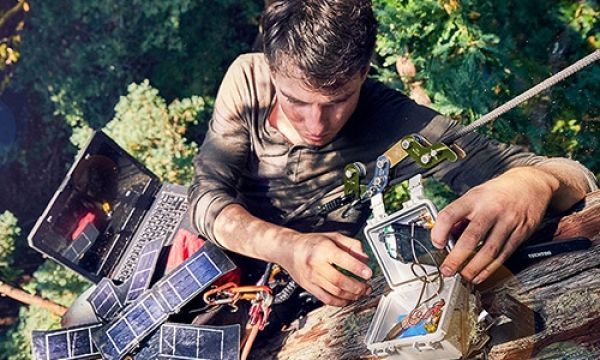Compared to on-the-ground fieldwork, bioacoustics —recording entire soundscapes, including animal and human activity — is relatively inexpensive and produces powerful conservation insights. The result is troves of ecological data in a short amount of time.
Because these enormous datasets require robust computational power, the researchers argue that a global organization should be created to host an acoustic platform that produces on-the-fly analysis. Not only could the data be used for academic research, but it could also monitor conservation policies and strategies employed by companies around the world.
“Nongovernmental organizations and the conservation community need to be able to truly evaluate the effectiveness of conservation interventions. It’s in the interest of certification bodies to harness the developments in bioacoustics for better enforcement and effective measurements,” said Zuzana Burivalova, a postdoctoral research fellow in Professor David Wilcove’s lab at Princeton University’s Woodrow Wilson School of Public and International Affairs.
Continue reading at Princeton University
Image via Princeton University


